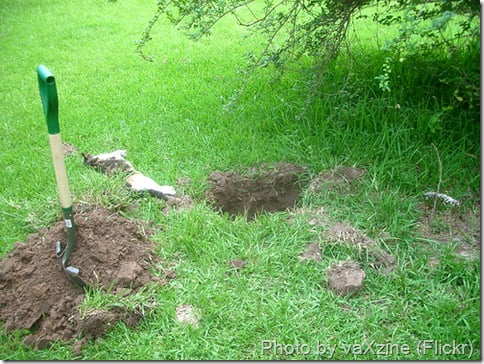
Wendy Boucher-Fischer writing on Quora.com describes how her cat Miss Kitty died of natural causes at the age of 20 at her home. I am surprised at her description.
She writes that she knew her cat was dying so she decided to place her under her favourite bush in the backyard and petted her and comforted her but let her die in her own time. We don’t know how long it took. She could not have known herself. It is perfectly likely that it took many hours or even days. When you make that decision the immediate future is unknown so it is a poor decision as it may lead to unecessary suffering.
So why did she she not take her cat to her veterinarian when she felt that her cat was dying? This moment may have been well before the time when she placed her cat under the bush.
Surely, the humane course of action would have been to take her cat to the vet for gentle and humane euthanasia. Wouldn’t that have been the kind thing to do?
She does write:
“You may end up taking them to the vet to be euthanized if they are suffering too much…”
But how do you know for sure that your dying cat is not suffering? This is a false argument. You can only guess if your cat is suffering while dying of old age. I’d have thought that it is quite likely that a cat dying of old age is suffering in some way or another. That would be my presumption and on that basis euthanasia is recommended.
If I were to suffer from a terminal illness or I knew I was dying of natural causes I’d be happy to be euthanised. I am sure the majority of people agree with me.
Boucher-Fisher’s decreption comes under a question that she asked, “what happens when a cat dies at home?”. The two possible answers are fairly obvious; you take your cat to a vet first perhaps to confirm death and then to a crematorium for an individual cremation (watched by the owner) so that you know that you have the ashes of your cat and not something else. That’s my answer. An alternative would be to bury the cat in the backyard but (1) you have to make sure your cat has died and a vet can do that and (2) you have to make sure that you bury your cat to the correct depth to avoid predators digging up the body.
I am sure people have let their cat die at home or been with their cat when she or he has died at home but it would almost invariably have been under conditions of emergency such as a poisoning, a fatal injury or killed by a predator (in the US for example). To let your cat die of natural causes at home seems to me to be careless. There is ample time to prepare for a suitable moment when your vet advises that you elect for euthanasia.
In my opinion it is likely that the cat graves in gardens would normally be the ashes of the deceased cats rather than cats who had died at those homes. The ashes would be from a private cremation at an authorised pet crematorium. What’s the percentage of deceased and buried cats in backyards compared to the buried ashes?

